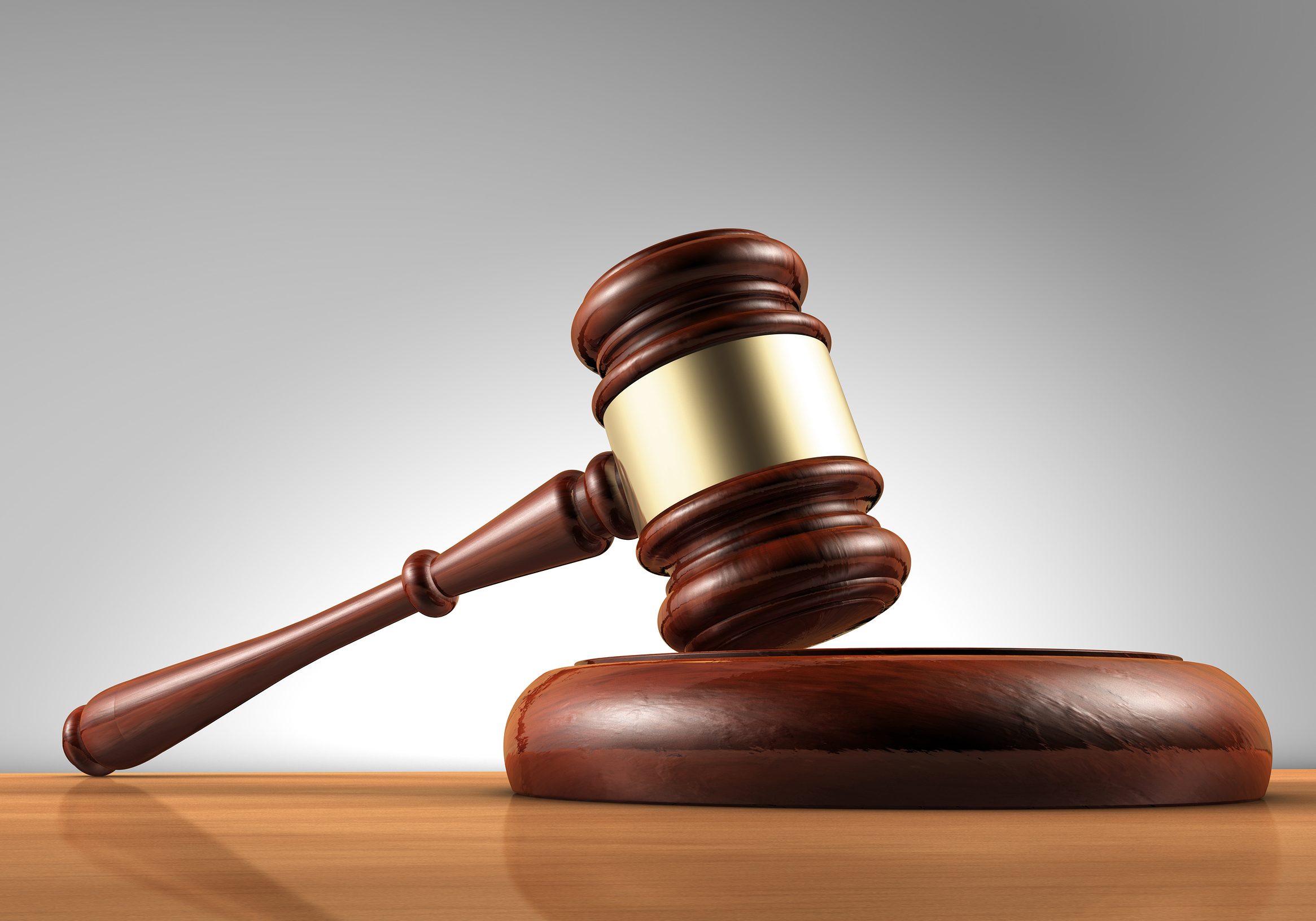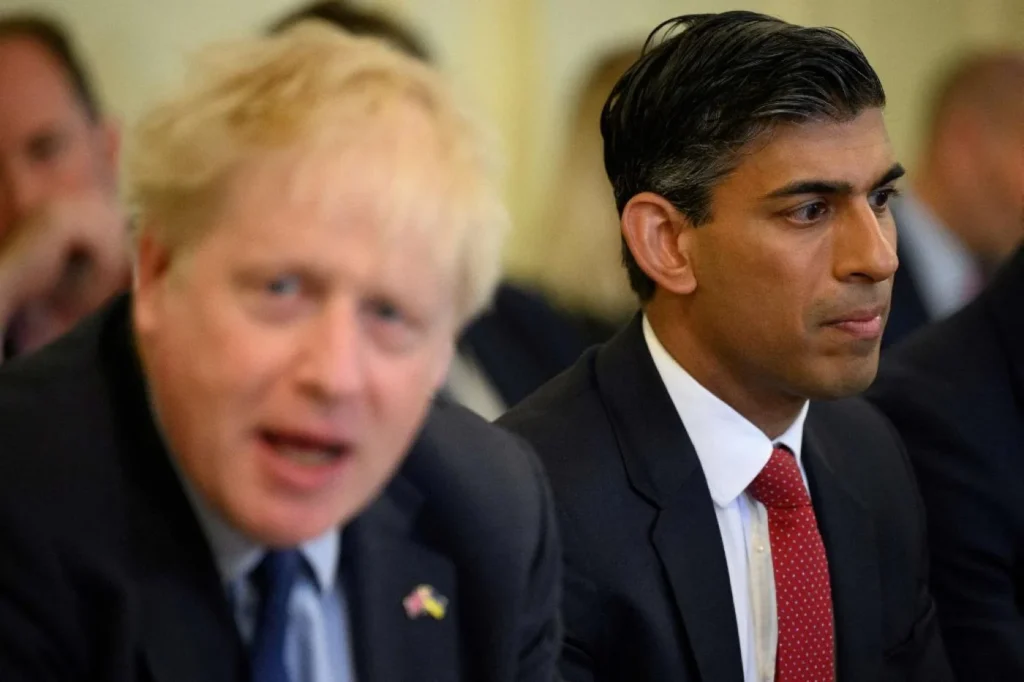
As a parliamentary committee sits to decide whether the disgraced former PM lied to the Commons, it is not only Johnson on trial but the integrity of the entire UK political system

Boris Johnson can be usefully understood as the British manifestation of a global phenomenon: part of a coterie of populist and far-right leaders who won power using demagogic methods.
Others include India’s Narendra Modi, Brazil’s Jair Bolsonaro, America’s Donald Trump, Israel’s Benjamin Netanyahu and (the prototype) Italy’s Silvio Berlusconi.
Having used unscrupulous methods to gain office, many today face investigation. Some are open to the accusation that they are seeking to regain office for no better reason than to avoid criminal charges, and possible jail time.
Johnson, to be fair, is not facing criminal charges. Nevertheless, there are important comparisons between the Westminster committee which meets on Wednesdayto consider the case against the former British prime minister and the congressional panel which last month accused Trump of conspiracy to subvert democracy.
The House of Commons privileges committee is examining evidence that Johnson may have deliberately misled MPs about breaches of lockdown rules in Downing Street during the Covid epidemic.
The evidence looks damning. Johnson told the Commons that guidance was followed at all times. We know for certain that he was not telling the truth, because the Metropolitan Police later issued fines – including one to Johnson.
And it’s all the more dangerous for Johnson following overnight claims that key documents were shredded inside Downing Street. It is also claimed that he joked about attending “the most unsocially distanced party in the UK”. If true, this would cast a huge question mark over Johnson’s claim that he was unaware of rule-breaking.
Dangerous territory
Menacing for the former prime minister, the privileges committee has powers that go far beyond other parliamentary committees. It can demand evidence – including WhatsApp messages, documents and photographs, including all the 300 or so photographs reported to have been taken by official government photographers at the illegal Downing Street parties.
The committee can order witnesses to attend. If it is to carry out its job properly, the committee will have no choice but to interview Johnson. If the former prime minister refuses to comply, he will find himself in contempt of the House of Commons.
If the committee decides that Johnson deliberately misled MPs, it will have to decide on a punishment. Sanctions could include suspension from the Commons, opening up the possibility of a by-election in Johnson’s Uxbridge and South Ruislip constituency.
Even if the privileges committee did no more than order the former prime minister to correct the record, which looks like the least it could do, Johnson would still be in dangerous territory.
Sunak would then face an unappetising choice between defending his former colleague or casting him to the wind
This is because Keir Starmer’s Labour Party might well choose to try and increase the penalty meted out to Johnson. Were the Labour leader to do so, this would require a vote of all MPs. This would create a nightmare for RishiSunak, who would then face an agonising choice between defending his former colleague or casting him to the wind.
The first option would be popular among Tory activists, many of whom admire the former prime minister. But Sunak – who has repeatedly declared that he wants to restore trust to British politics – would not want Johnson’s serial dishonesty to rub off on his own already soiled premiership.
The brutal fact is that the privileges committee investigation has been already been badly delayed by government obstruction, with 10 Downing Street taking four months to hand over documents. Some of those it has handed over have been so badly redacted that they reportedly make no sense.
Taxpayers’ money
More important, Sunak has sanctioned the use of government money to pay for legal advice to support Johnson in his defence. To be fair to Sunak, it was Johnson himself, in one of his last acts in government, who commissioned the law firm Peters and Peters to help defend him against claims he misled parliament.
But Sunak has extended this contract. Many voters will regard it as obscene that Johnson should receive taxpayers’ money (more than £200,000 so far) to try and salvage his shattered reputation for integrity at a time of general austerity. All the more so because he is travelling around the world earning up to £250,000 for a single speech.
Defenders of Johnson are entitled to protest that misleading MPs cannot be placed in the same category as conspiring to bring down an elected United States government, the charge aimed at Trump.
Yet telling the truth surely matters. Starmer made the point eloquently during last summer’s Commons vote which authorised the privileges committee investigation: “When nations are divided, when they live in different worlds with their own truths and their own alternative facts, democracy is replaced by an obsession with defeating the other side.
“Those we disagree with become enemies. The hope of learning and adapting is lost. Politics becomes a blood sport rather than a quest to improve lives; a winner-takes-all politics where, inevitably, everyone loses out.”
This is why the principle of integrity lies at the heart of the seven Nolan principles of British public life. It’s why Erskine May, bible of parliamentaryprocedure, insists that lying is contempt of parliament.
It’s also why the ministerial code sombrely states: “It is of paramount importance that ministers give accurate and truthful information to parliament, correcting any inadvertent error at the earliest opportunity.”
Adding that: “Ministers who knowingly mislead parliament will be expected to offer their resignation to the prime minister.”
When he was prime minister, Boris Johnson ignored the ministerial code. By my calculation, he misled parliament more than 70 times during just over three years in office.
Only on one occasion did he correct the record. Truth-telling collapsed. That’s why it’s not just Johnson who is under renewed investigation this week. The British parliament is on trial as well.
Source here
